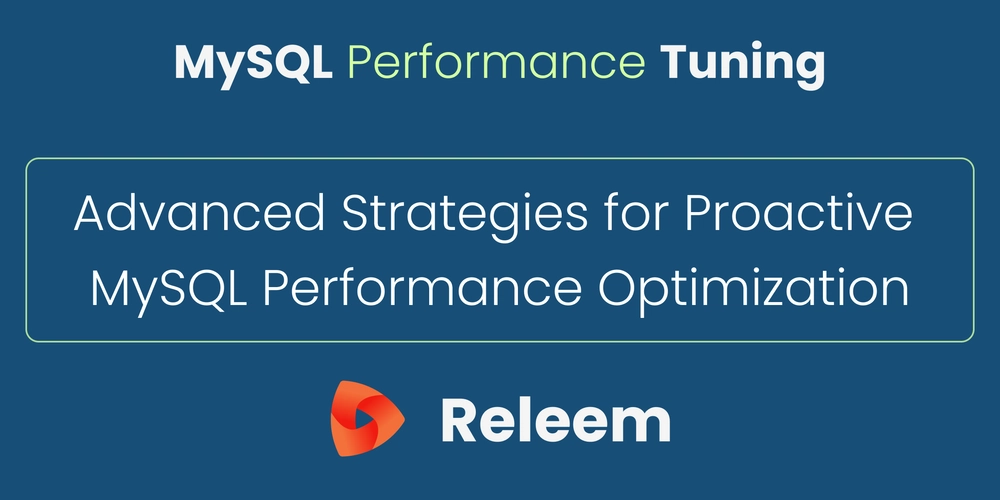Dev
1M
407

Image Credit: Dev
Advanced Strategies for Proactive MySQL Performance Optimization
- Proactive MySQL performance optimization is crucial for maintaining steady performance under increasing data and traffic volumes.
- Moving beyond traditional reactive fixes, proactive optimization involves advanced tuning techniques like continuous monitoring, automation, machine learning, indexing, and chaos engineering.
- Proactive monitoring involves tools like Releem and Percona Monitoring and Management to track performance metrics and identify bottlenecks early.
- Key performance indicators (KPIs) for MySQL health include QPS, query latency, CPU and RAM utilization, disk IOPS, and lock waits.
- Automation in performance tuning eliminates the need for manual configuration adjustments by leveraging intelligent tools to optimize the database automatically.
- Machine learning can optimize MySQL by analyzing historical data, predicting peak loads, and suggesting preemptive fixes, such as adding indexes before traffic spikes.
- Advanced indexing techniques like covering indexes, partial indexes, composite indexes, and functional indexes can significantly enhance query performance.
- Tools like Releem, MySQLTuner, Percona Toolkit, IndexAdvisor, and EverSQL offer automated analysis and recommendations for optimizing indexes.
- Modern MySQL optimization involves a proactive, data-driven approach with continuous monitoring, automation, AI insights, and advanced indexing.
- As tools become more advanced and autonomous, MySQL performance tuning is expected to become increasingly hands-off, with AI and automation playing key roles.
- Implementing these advanced strategies can help build a database that adapts to evolving needs, ensuring consistent performance and user satisfaction.
Read Full Article
24 Likes
For uninterrupted reading, download the app